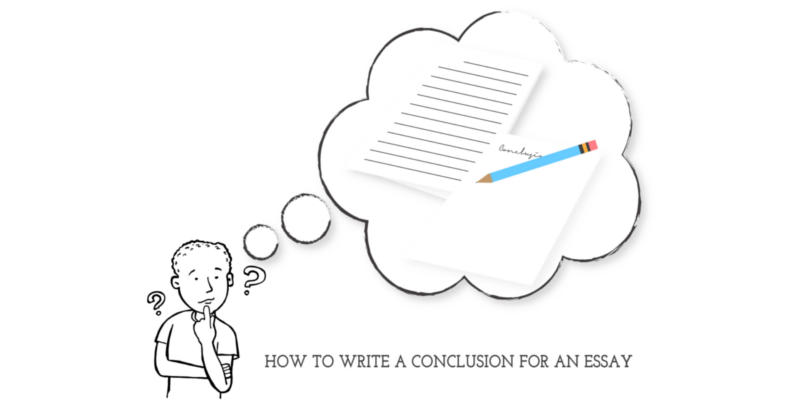How to Write a Conclusion for an Essay?
Writing an effective essay is quite a challenge for most. It’s possible, sure, but it’s not easy. There are different parts of an essay—namely the introduction, the body, and the conclusion—all of which must be given a level of importance.
After spending countless hours pouring blood, sweat, and tears into your paper, you’ve finally reached the end of your essay. You’ve probably ran out of the right words to say, but you’re too far along to give up now. Conclusions are known to be one of the most difficult parts to write for an essay. Although you may be too tired to think about making a grand finale, you need to keep in mind that the conclusion should be the best part of your piece.
What Should Be Included on an Essay Conclusion?
When writing an essay, whether it’s a persuasive essay or a college essay, it’s important to write a good conclusion.
To write an effective essay, you need to write a conclusion that would leave a lasting impact even after a person has read your essay. Allow the reader to ponder on a thought that is relevant to your main points. Even with this mind, you would still need to incorporate others parts of your essay into the conclusion. This can be done by expressing significant points that have been discussed in the essay.
Types of Conclusions
Summary
The conclusion is considered to be the highlight of the essay where key points are emphasized for the very last time. However, it’s important to not repeat words or statements that have been presented in the essay but instead, somehow connect the relevance of each point to the main subject matter.
Recommendation
This refers to a call to action. Challenge your readers by presenting the problem and allowing them to analyze how it may reflect their personal lives. Not only will this create an impact statement to your readers but it may also give your essay the wow factor that it needs.
What to Avoid When Writing a Conclusion
- Opening a new topic. The conclusion is meant to be the end of an essay, not an introduction to another concern. Make an effort to actually conclude than just putting a direct end to your writing.
- Redundancy. Avoid restating personal statements or repeating main ideas that have been mentioned somewhere in your essay.
- Bringing up subpoints. You need to focus on the big picture instead of taking the wrong turn. Minor points will only cause a distraction for your readers from fully grasping the main ideas of your essay.
- Ending with a weak statement. If you started strong then you need to end with the same tone as well. Chances are, your readers may be paying more attention to your conclusion rather than the body of the essay writing. Make sure that your conclusion doesn’t leave your readers hanging as well.
- Selling yourself short. Suggesting that you’re not an expert to the topic will only contradict and weaken the arguments that have been discussed.


